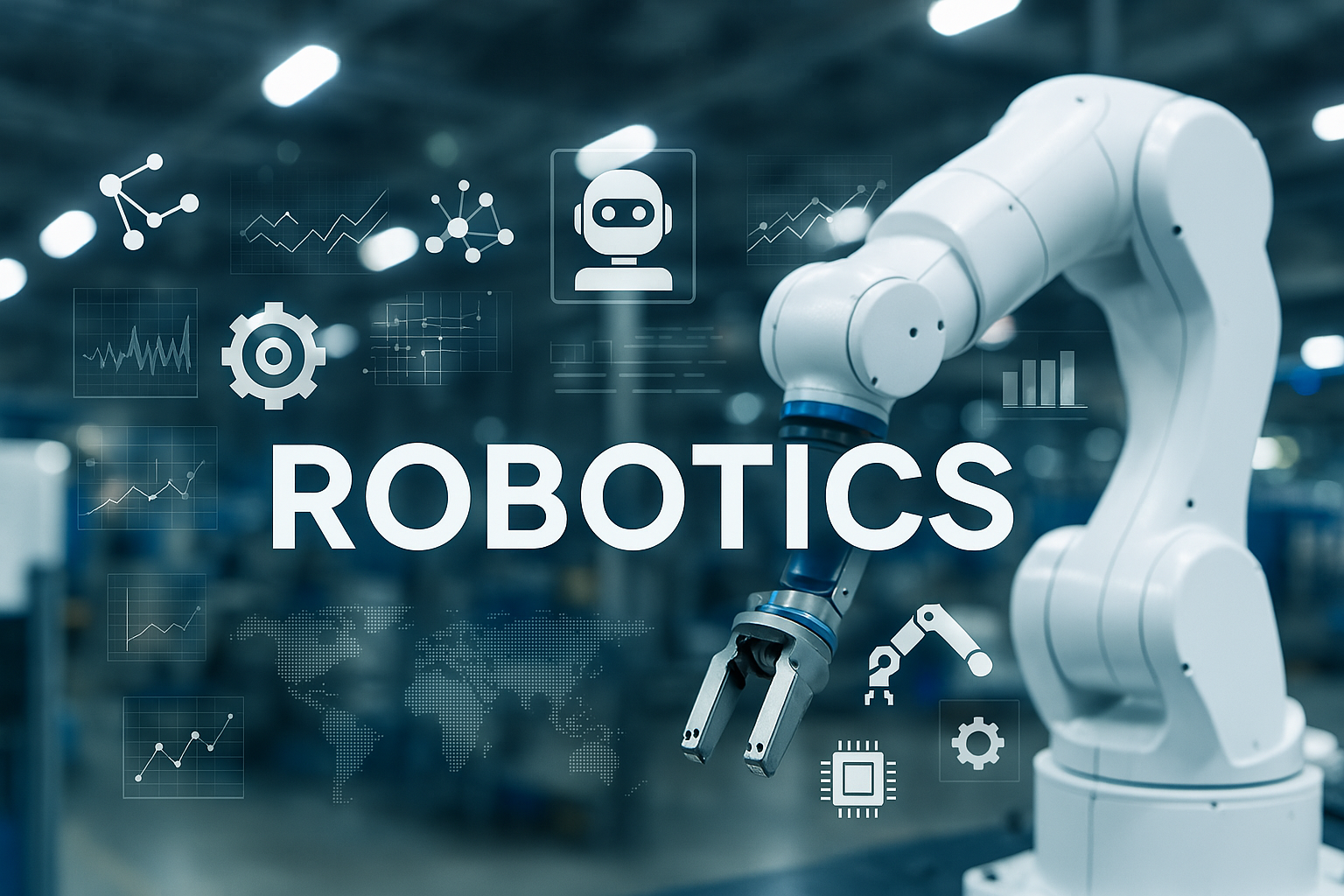Category: Dictionary
-
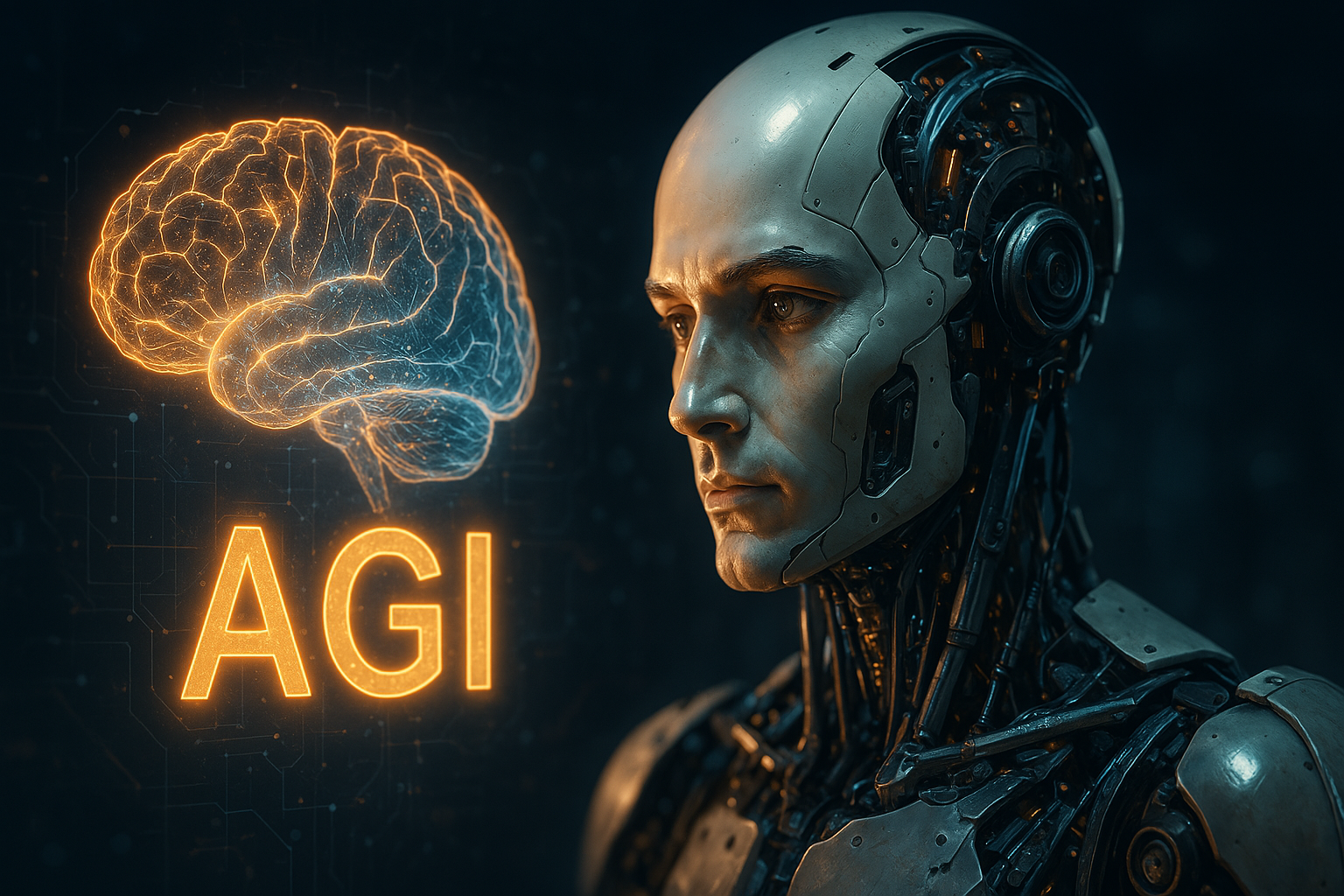
Artificial General Intelligence (AGI)
Artificial General Intelligence (AGI) is a concept in artificial intelligence (AI) referring to a hypothetical AI system that possesses broad, human-level cognitive abilities across diverse tasks and domains. In contrast to today’s “narrow AI” systems, which are designed to excel at specific tasks (like language translation or chess) but cannot generalize beyond their specialization, an…
-
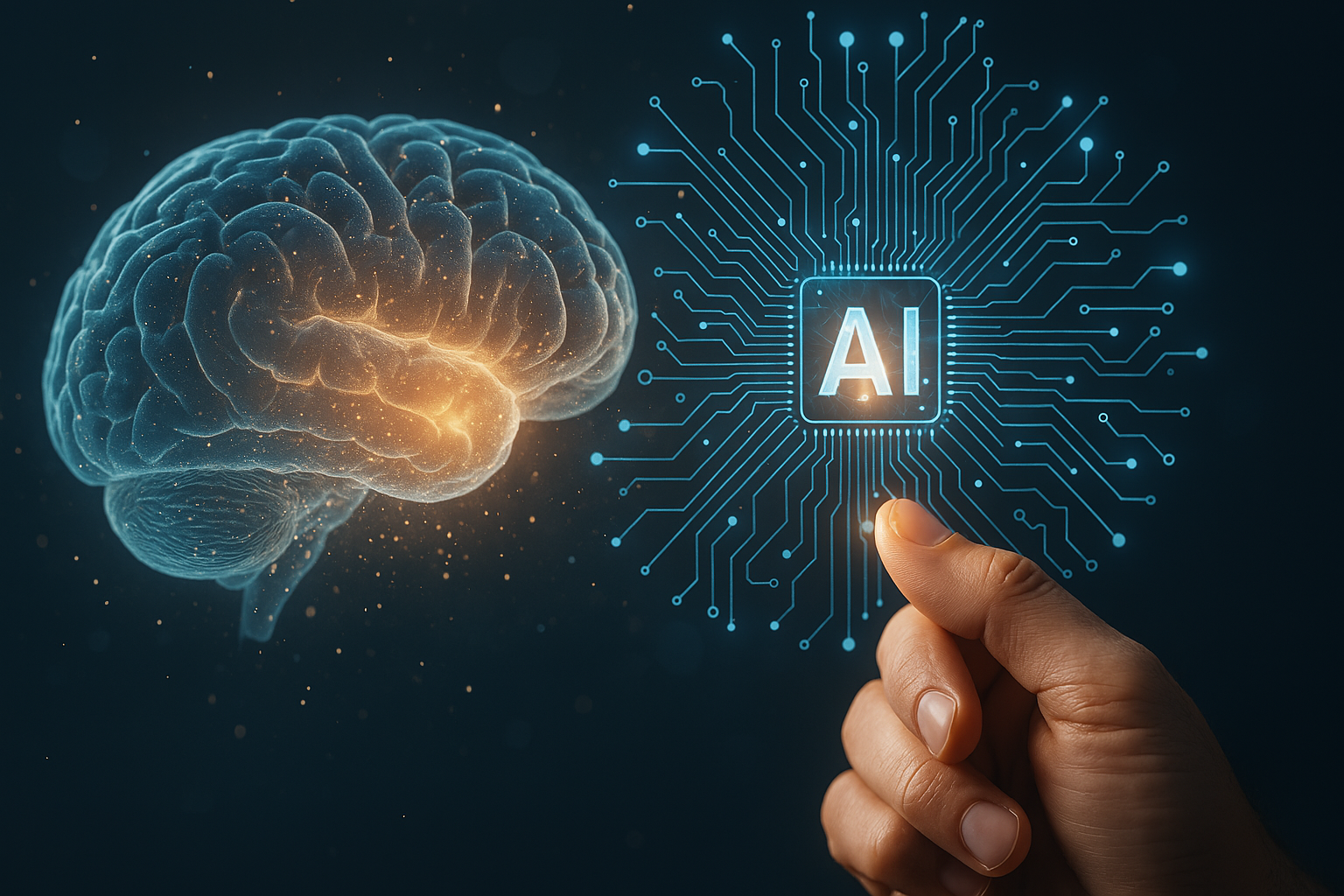
Generative AI
Generative AI refers to a category of artificial intelligence systems capable of creating new content – such as text, images, music, code, or video – that has not been seen before. Unlike traditional discriminative AI models that focus on classifying or predicting based on existing data (e.g. identifying if an image contains a cat), generative…
-
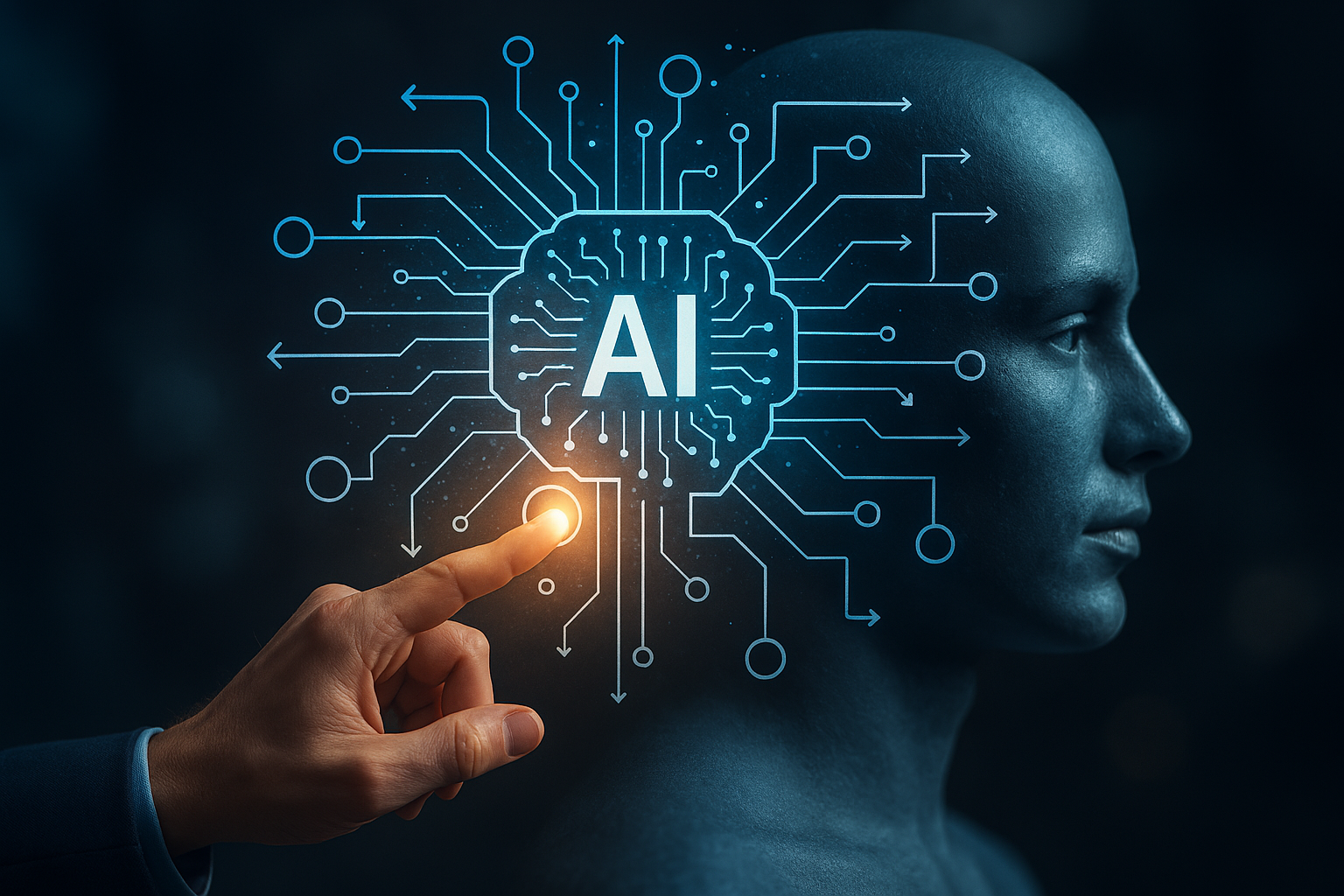
Inference (in AI)
Inference in artificial intelligence (AI) refers to the process by which an AI system draws conclusions or makes decisions based on available information, knowledge, or patterns, especially when facing data it has not seen before. In essence, it is the step where an AI applies what it has learned to new inputs, analogous to a…
-

Predictive Modeling
Definition and Overview Predictive modeling in the context of artificial intelligence (AI) is the process of using historical data and statistical algorithms (often powered by machine learning) to build models that can forecast future outcomes or unknown events. In simpler terms, a predictive model learns patterns from past data and predicts likely future behavior or…
-

Hallucination in AI
In the field of artificial intelligence (AI), hallucination refers to a phenomenon where an AI system generates output that appears plausible and confident but is actually false, nonsensical, or unsupported by reality). In other words, the AI is effectively “making things up” – providing information or details that were never in its training data or…
-
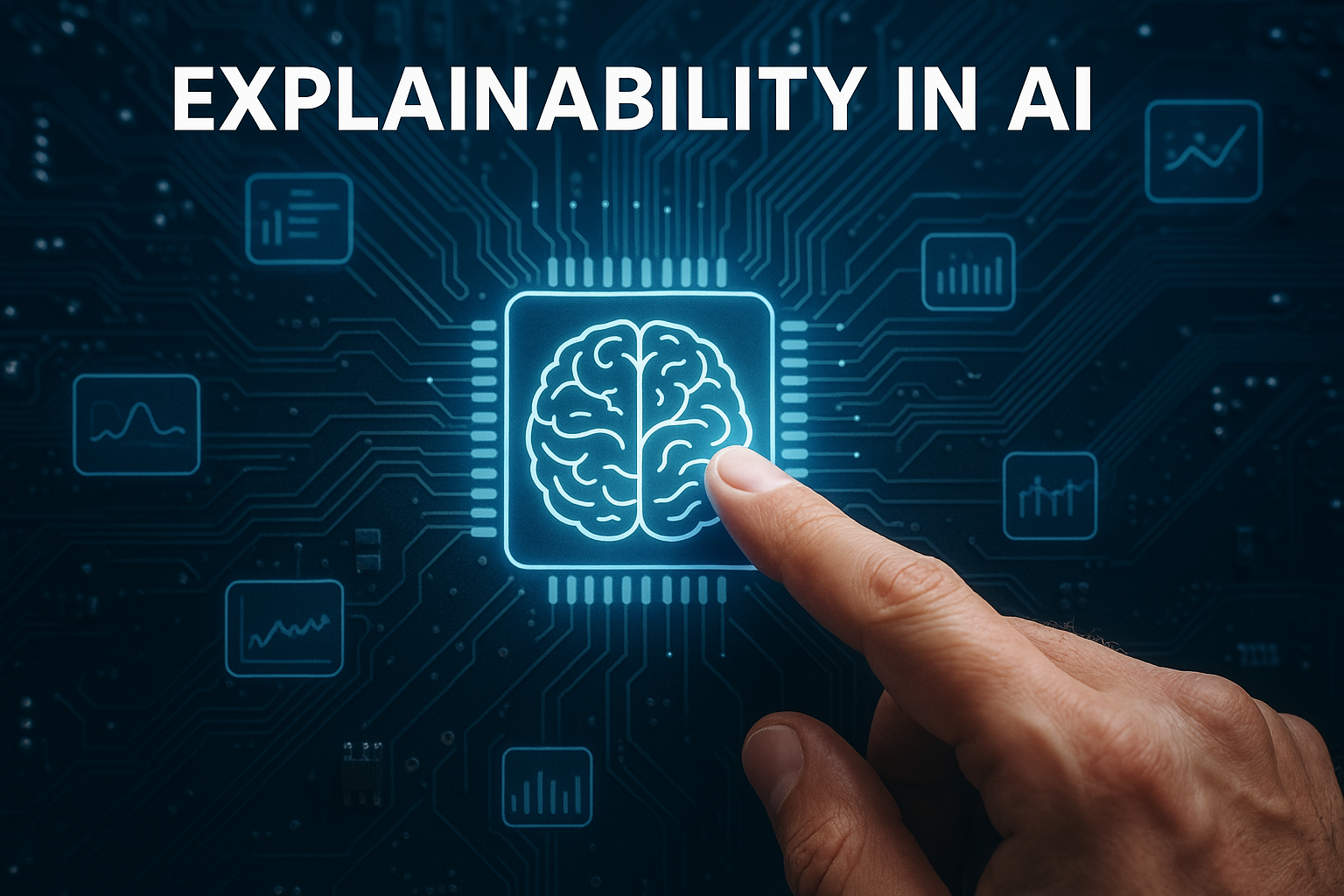
Explainability (in AI)
Definition Explainability in artificial intelligence (AI) refers to the ability of an AI system or model to make its functioning and decision-making processes understandable to humans. In essence, an explainable AI system can provide clear reasons or justifications for its outputs, allowing people to comprehend how and why a particular decision or prediction was made.…
-

Training Data (Artificial Intelligence)
Training data refers to the dataset used to teach an AI or machine learning model how to recognize patterns, make predictions, or take actions. It is the foundational information that the model learns from, enabling it to gradually improve its performance on a given task. In essence, these are example data points (which can be…
-

AI Ethics
AI Ethics refers to the field of study and set of practices concerned with the moral principles and societal implications governing the development and use of artificial intelligence (AI) technologies. In essence, AI ethics seeks to ensure that AI systems are designed and deployed in ways that are beneficial, fair, and accountable, while minimizing harm…

